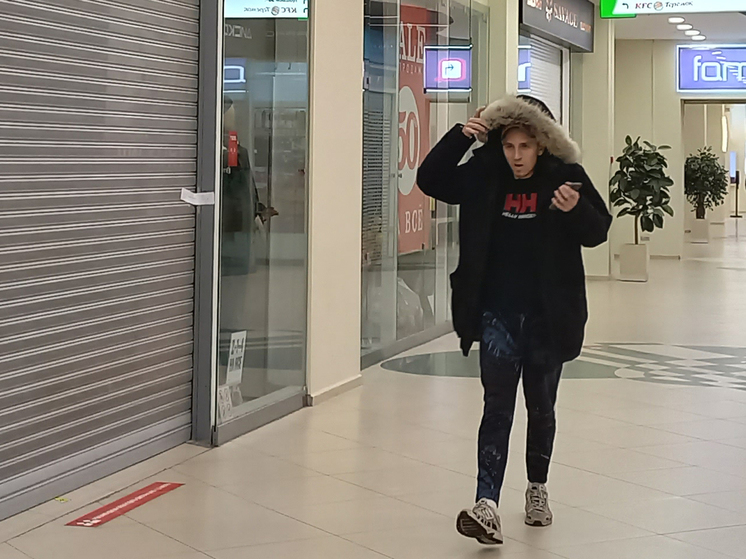The share of vacant space in Moscow shopping centers fell sharply in July
According to analysts, over the past 12 months, the share of vacant space in Moscow shopping centers has decreased from 12 to 8%, reaching the 2019 level. Developers promise to eliminate the shortage of high-quality retail space by building about 20 new shopping centers in the capital by the end of this year. Many of them are located near metro stations.
 < span itemprop="height" itemscope itemtype="https://schema.org/QuantitativeValue">
< span itemprop="height" itemscope itemtype="https://schema.org/QuantitativeValue">
According to Ekaterina Nogai, Head of Research and Analytics at IBC Real Estate, new international brands are showing increased interest in vacant space in premium shopping centers. This is due to the desire to quickly develop the market. For example, 14 foreign brands that entered Moscow over the past two years have already opened 21 stores in prime-class shopping centers with a total area of almost 15 thousand square meters. As a result, the share of vacant space in such shopping centers has decreased by 3% over the year, to 3%.
The trend towards a decrease in vacancies in key Moscow shopping centers was especially noticeable in July 2024. The low rate of new construction in previous years and the rapid expansion of Russian retailers had an effect. Repair work is ongoing in some of the capital's shopping centers. Some floors are closed, but are already occupied by tenants. Therefore, the expert expects a decrease in vacancies in such shopping centers by the end of this year.
«Despite the rapid development of online trade, Moscow shopping centers continue to attract customers,» Nogai believes. To remain in demand, brands are changing their concepts to meet consumer demands. Large Russian retailers are aiming not only for large-scale expansions, but also for the introduction of unusual formats within existing stores. New international brands are gradually being developed in the Russian Federation. «The Moscow retail real estate segment has successfully adapted to modern realities and market changes after the departure of some international brands,» the expert emphasized.
At the same time, the capital's civilized trade market is still far from saturation. According to the results of the first half of 2024, the leaders in terms of provision of retail space were Yekaterinburg (846 sq. m. per 1,000 people), Krasnodar (785 sq. m.) and Samara (720 sq. m.), calculated in CORE.XP. The capital of Russia was only in fourth place in this rating. Today, there are only 635 sq. m. per 1,000 residents.
But the situation may soon change for the better. This year, according to Denis Kolokolnikov, managing partner of the consulting company RRG, about 20 new shopping centers with an area of about 240 thousand sq. m. are planned to open in Moscow. He noted the increased demand for shopping centers located within walking distance from home and the metro, as well as for small-sized premises in residential areas, on the ground floors of large residential complexes.
The other day, Deputy Mayor of Moscow for Urban Development Policy and Construction Vladimir Efimov announced the launch of a major investment project to build a shopping and entertainment center in the southeast of the city near the Tekstilshchiki station. Thus, Belokamennaya has a good chance of improving its position in the national ranking of retail space provision.


